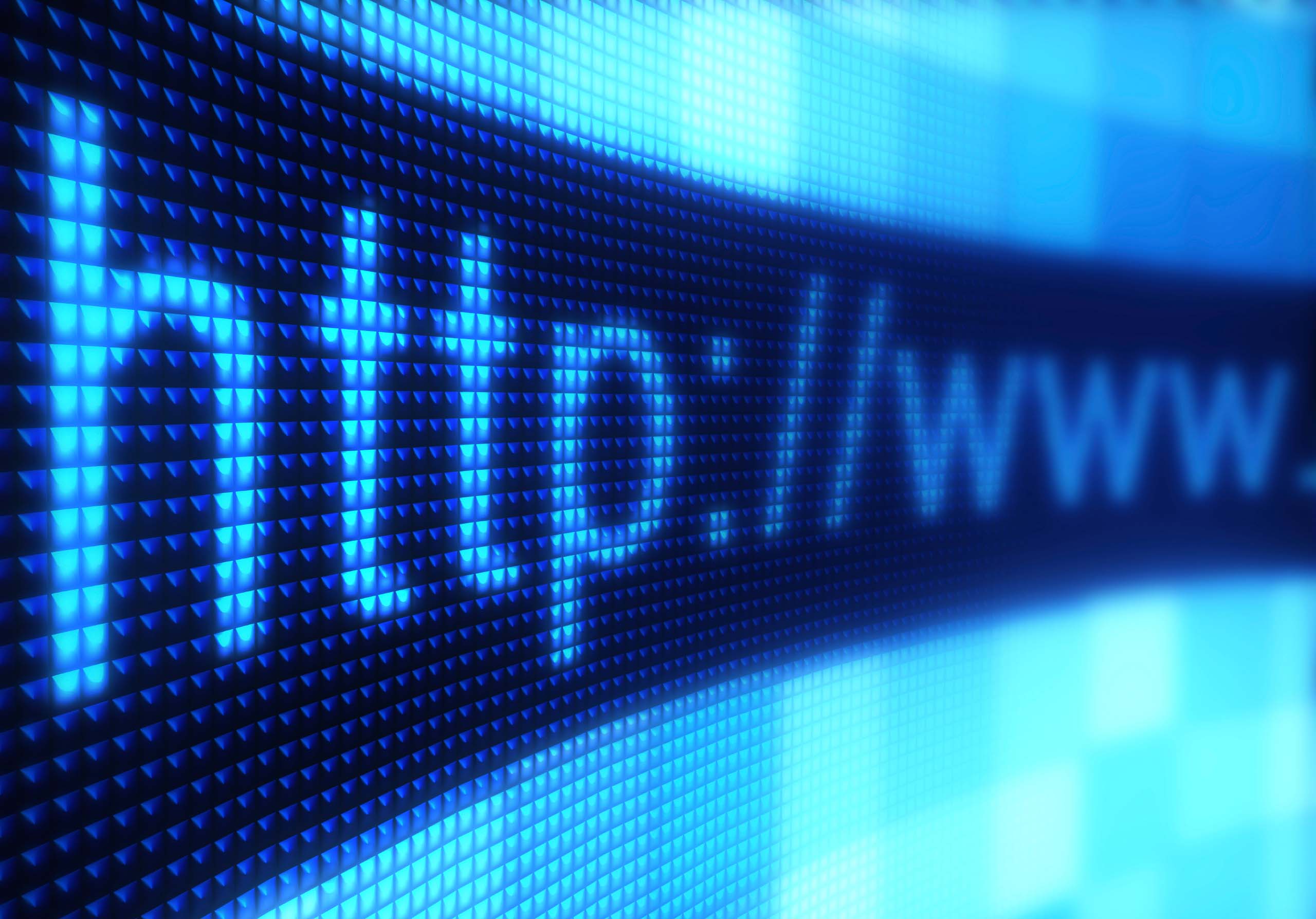Experts at a panel discussion convened to launch the ICJ’s Legal Guidance on Internet Shutdowns and Restrictions in Africa, live-streamed on 11 August, called attention to the wide-ranging human rights impacts of restrictions on the internet and shutdowns across the continent.
In recent years, especially during the COVID-19 pandemic, there has been a dramatic rise in the number of governments employing internet shutdowns or restricting access to the internet, aimed at wholesale suppression of the exercise of freedom of expression and access to information.
The Legal Guidance is a tool aimed at assisting States, the judiciary, legal practitioners and civil society particularly in the African region in ensuring that any measures aimed at limiting access to the internet complies international law and standards. These include States’ legal obligations under the International Covenant on Civil and Political Rights and the African Charter on Human and Peoples’ Rights, United Nations and regional authorities.
The Guidance also highlights the importance of access to the internet for the realization of the rights to freedom of expression, access to information and various other human rights, as ICJ Legal Adviser Justice Alfred Mavedzenge, stated:
“Access to the internet is critical for the exercise of human rights. Without such access, it is not possible to exercise and realize a range of rights, from the civil and political to the social and economic.”
During the discussion, which can be viewed here, the panelists also explored the different ways that governments make use of shutdowns to impede human rights, trends in the occurrence of shutdowns in Africa and how such restrictions on the internet affect people on the ground.
“There is a tendency to impose restrictions as a way to suppress dissent or control the narrative, or to shield governments from being held accountable. Internet restrictions, including shutdowns, are usually imposed during times when people are holding their governments accountable, especially during protests,” said Mavedzenge.
The Guidance also addresses the role of the corporate sector,underscoring that, in terms of the UN Guiding Principles on Business and Human Rights, business enterprises such private telecommunications companies that may often implement the restrictions, must respect human rights online and offline. As lawyer and digital rights activist, Mohamed Farahat also pointed out:
“We need to hold governments accountable for shutdowns and restrictions but we also need to hold service providers accountable because government cannot shut down or limit access to the internet without assistance from service providers. This is a problem.”
On the role of civil society organizations and digital rights activists in combatting the growing use of internet shutdowns by African governments, Access Now’s #KeepItOn Campaign Manager, Felicia Anthonio, mentioned that, in addition to strategic litigation, continued advocacy in this area is essential:
“We need to continue the monitoring and documentation of internet shutdowns, because once we stop it will seem like they are not happening anymore, she said. “Civil society has the opportunity and the responsibility to raise awareness of the incidents as and when they happen,” Anthonio added.
Watch the recording of the discussion:
More information:
[Guidance] Legal Guidance on Internet Restrictions and Shutdowns in Africa.
[Declaration] Tunis Declaration on Reinforcing the Rule of Law and Human Rights (March 2019).
[Guide] The Right to a Remedy and Reparation for Gross Human Rights Violations: Practitioner’s Guide 2 (Revised Edition, November 2018).
Contact:
Mulesa Lumina, Communications and Legal Officer – ICJ Africa Programme, e: Mulesa.Lumina@icj.org, m: +27 79 271 2275
Kaajal Ramjathan-Keogh, Director – ICJ Africa Programme, e: Kaajal.Keogh@icj.org, m: +27 84 514 8039




